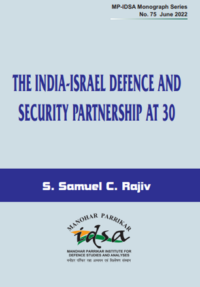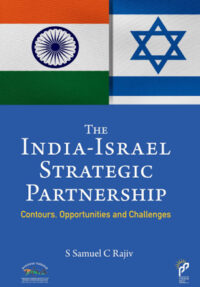Defence Procurement in India: A Historical Perspective
Defence procurement in India needs to adopt a mix of procurement avenues in which the indigenous solutions, foreign equipment and futuristic R&D continue together in a balanced manner. Considering that piecemeal solutions are not effective in the long term, there is a need to adopt a ‘Systems Approach’ to come up with a holistic solution which is enduring and progressive.
- Manish Rana
- December 02, 2021











